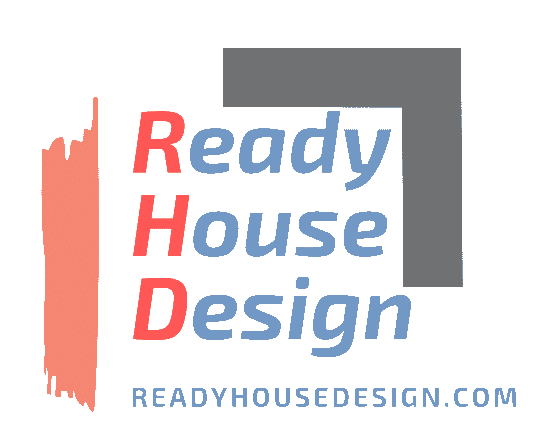500 sq ft house construction cost
Navigating the Costs of Constructing a 500 Sq Ft House
Intro:
Embarking on the journey to build your dream home? Delve into the intricacies of 500 sq ft house construction cost to ensure a seamless process that aligns with your budgetary considerations.

1. Initial Planning:
Before breaking ground, meticulous planning is crucial. Calculate the estimated 500 sq ft house construction cost by factoring in materials, labor, permits, and additional expenses.
- Bullet Points:
- Material costs (bricks, cement, etc.)
- Labor charges
- Permit fees
- Miscellaneous expenses (transportation, site preparation)
2. Material Selection:
Your choice of materials significantly influences costs. Opt for a balance between durability and affordability. Consider energy-efficient options to potentially offset long-term expenses.
- Bullet Points:
- Affordable yet durable building materials
- Energy-efficient options (insulation, roofing)
- Recycled or sustainable materials
3. Labor Costs:
Understanding labor expenses is pivotal. Compare quotes from various contractors to ensure competitive rates. Skilled professionals might cost more but contribute to a smoother construction process.
- Bullet Points:
- Comparative analysis of labor quotes
- Skilled labor vs. general labor
- Importance of experienced construction crews
4. Site Preparation:
Prepare your construction site efficiently. Clearing, leveling, and ensuring a solid foundation are critical steps that impact both the timeline and the 500 sq ft house construction cost.
- Bullet Points:
- Site clearing and leveling costs
- Foundation preparation expenses
- Importance of soil testing
5. Government Regulations and Permits:
Don’t overlook legalities. Allocate funds for permits and ensure compliance with local regulations. Failure to do so might lead to unforeseen delays and additional expenses.
- Bullet Points:
- Permit application costs
- Legal consultation fees
- Consequences of non-compliance
6. Utility Connections:
Integrating your new home into existing utility systems involves additional costs. Account for electricity, water, and sewage connections in your 500 sq ft house construction cost calculations.
- Bullet Points:
- Utility connection fees
- Coordination with local utility providers
- Potential additional costs for specialized connections
7. Interior Finishes:
Factor in finishes to avoid budgetary surprises. Flooring, paint, and fixtures contribute to the overall cost. Balancing aesthetics and expenses is key to achieving your desired look.
- Bullet Points:
- Flooring options and costs
- Paint and finishing materials
- Cost-effective fixture selections
8. Contingency Budget:
Unforeseen circumstances are inevitable. Allocate a contingency budget to handle unexpected expenses, ensuring your 500 sq ft house construction cost remains within manageable bounds.
- Bullet Points:
- Recommended percentage for contingency
- Common unexpected expenses
- Importance of budget flexibility
9. DIY vs. Professional Help:
Consider your skills and time availability. While DIY projects can save money, professional help ensures quality. Strike a balance based on your abilities and the complexity of the project.
- Bullet Points:
- Pros and cons of DIY construction
- When to hire professionals
- DIY-friendly tasks vs. specialized work
10. Future-Proofing Investments:
Investing in quality construction today can save costs in the long run. Prioritize energy-efficient features and durable materials to minimize maintenance and operational expenses.
- Bullet Points:
- Long-term savings through energy efficiency
- Durable materials for minimal maintenance
- Return on investment considerations
Q&A Section:
Q1: How can I estimate the 500 sq ft house construction cost? A1: Factor in materials, labor, permits, site preparation, and additional expenses during the planning phase.
Q2: What role does material selection play in construction costs? A2: Material choice impacts both durability and affordability. Consider energy-efficient options for long-term savings.
Q3: Why is a contingency budget important? A3: Unforeseen expenses are common. Allocating a contingency budget ensures you’re prepared for unexpected costs.
Q4: Is it necessary to hire professionals for construction? A4: It depends on your skills and project complexity. DIY can save money, but professionals ensure quality.
Q5: How can I future-proof my 500 sq ft house construction? A5: Prioritize energy-efficient features and durable materials for long-term savings and minimal maintenance.

